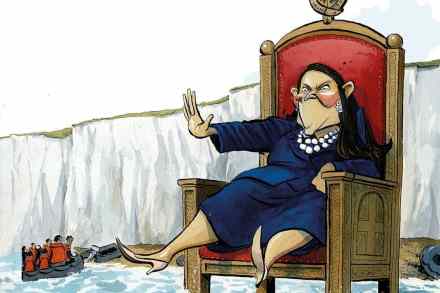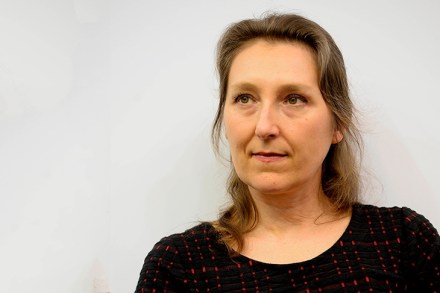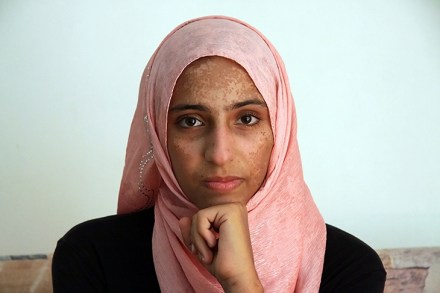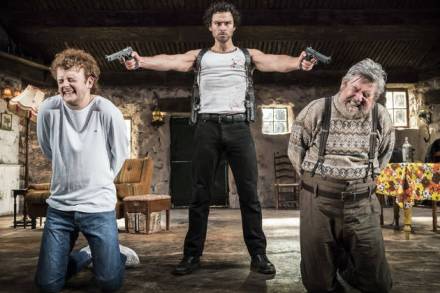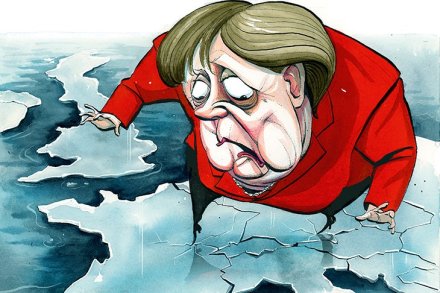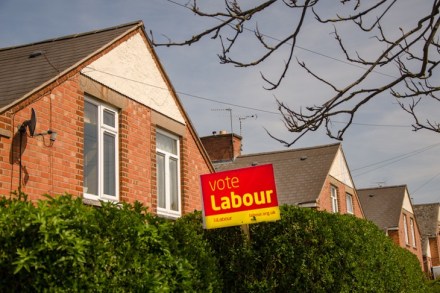Why the Channel migrant crisis is spooking Boris
The Tory position in the polls is weakening. Partly this is because of the vaccine bounce wearing off and a fortnight or so of sleaze stories. But, as I write in the Times today, ministers thinks that there’s another issue harming the government: small boats. ‘The sleaze is bad, but the issue that causes me most trouble with my constituents is the boats,’ says one cabinet member. Johnson himself has long been concerned about this problem. He worries about the sense of disorder that the small boats convey: he thinks they make a mockery of ‘taking back control’ of the borders. A long-serving No. 10 aide says that ‘other than Covid, no issue
